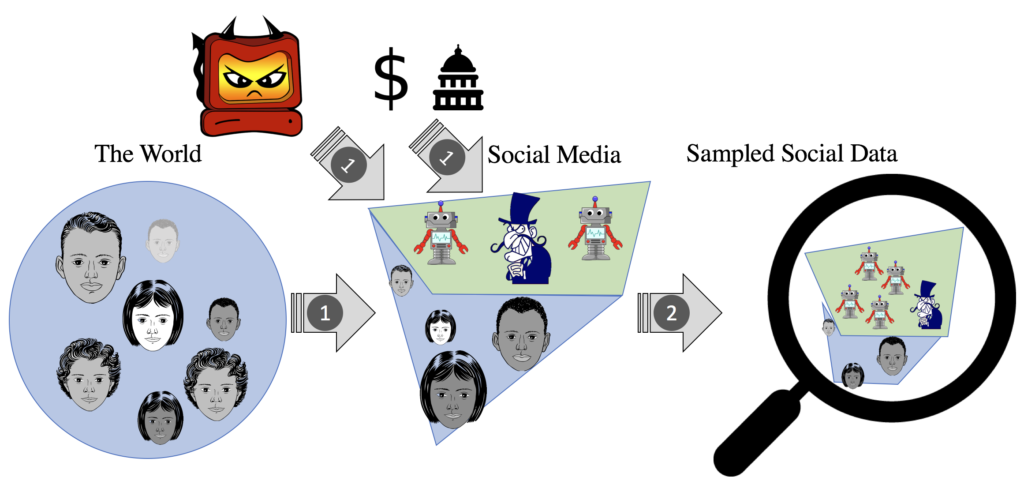6 out of 200 – Fred Morstatter is telling bots apart from humans


Meet Fred Morstatter in this Q&A series with 6 out of 200 computer scientists and mathematicians participating in the 5th Heidelberg Laureate Forum, September 24-29, 2017. 26 Laureates (Abel Prize, Fields Medal, Nevanlinna Prize, Turing Award and ACM Prize in Computing) will attend the forum together with them. For a full week, Heidelberg in Germany will be the hot spot of mathematics and computer science.
What is your name and nationality? My name is Fred Morstatter and I am a US citizen. I grew up in Akron, Ohio.
Where did you study and where are you currently based? I did my undergraduate and PhD at Arizona State University. I am currently based in Los Angeles, California.
What is your current position? I am a Research Scientist at The University of Southern California’s Information Sciences Institute.
What is the focus of your research? What is your research project? I am working on combining forecasts made by machines with those made by humans in order to facilitate better prediction of global events.
Why did you become a mathematician/ computer scientist? I became a computer scientist because of the opportunity to apply math and reasoning to solve real world problems. From an early age, I was interested in how to automate specific tasks, and computer science was a natural extension of that.
What do you see yourself doing in 10 years? I hope to be a professor at a major research university.
What are you doing besides research? I am currently getting used to my new life in Southern California.
Why did you apply for the HLF? It is a terrific opportunity to interact with highly successful people in my discipline.
What do you expect from this meeting? I want to learn how to shape my own career by learning the habits and practices of top researchers.
Which laureates present at the forum would you really like to talk to? While it will be an honor to meet all of the laureates, I would really like to meet John Hopcroft, David Blei, and Jeff Dean.
You work on biases in social data sets. What can social media users to do escape the influence of bots and shill accounts? A skeptical mind is the best way to avoid being influenced by bots. The most important thing users can do is question the information they are receiving. This includes vetting information carefully, and not trusting counts or trends when gauging credibility or importance. These statistics are easily manipulated by bots.



Fred Morstatter could use a bot to tell bots apart from humans!
Die Vorhersage kann derart nicht kombiniert werden, denn die Prädiktion, die Stochastik (“Ratelehre”) folgt immer der Maßgabe des Erkenntnissubjekt, den derartigen Maßnahmen.
Gemeint ist ganz anscheinend, dass diejenigen erkennenden Subjekte, die “Machine Learning”, “Big Data” (um einmal Modewörter zu bemühen) explizit nutzen mit denjenigen verglichen werden, die dies nicht tun.
Um Einsatzmöglichkeiten der Datenverarbeitung festzustellen, zu identifizieren, die relevant sind, insbesondere wirtschaftlichen Nutzen tragen, weil effizienter.
Das Instrumentarium meinend.
Diese Maschinen-Menschen-Trennung kam hier nicht so-o gut an.
MFG
Dr. W
Fred Morstatter may wish to design a bot that questions and carefully vets information shared through SciLogs blog articles such as that one;
for instance concerning the spelling of the surname of Rolf Nevanlinna (in honor of whom a certain prestigeous prize for outstanding contributions in mathematical aspects of Information Science is named),
or concerning biographical data of Konrad Zuse (who died in 1995).